‘Getting food parcels during the war was like birthdays and Christmas all at once’
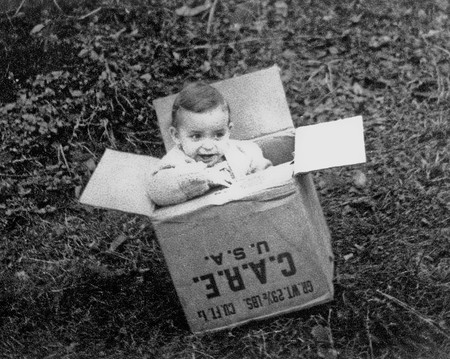

Tim Thomas was four years old when the much-anticipated box arrived on his family’s rural Wiltshire doorstep. The Thomases didn’t know when the parcel would arrive – or what would be inside it – but when it did, it was like ‘Christmas and your birthday all come at once’, Tim remembers.
Recalling his experiences on the 80th anniversary of VE Day, the 83-year-old tells Metro how poverty was rife in the mid 1940s.
Cities had been destroyed by German bombs, half of the workforce were away fighting the Second World War, and the national economy was in tatters. Rationing of food, clothing, and other essentials left most hungry and longing for treats.
So when the big brown box – measuring around 45cm by 45cm – was dropped off by the postman, Tim, his older brother Hugh, his mum and grandmother would gather round.
Tim remembers his gran bending down and carefully untying the string to reveal the treasures inside. (There was to be no snipping; this was the era of ‘waste not want not’ and that twine would come in handy.)
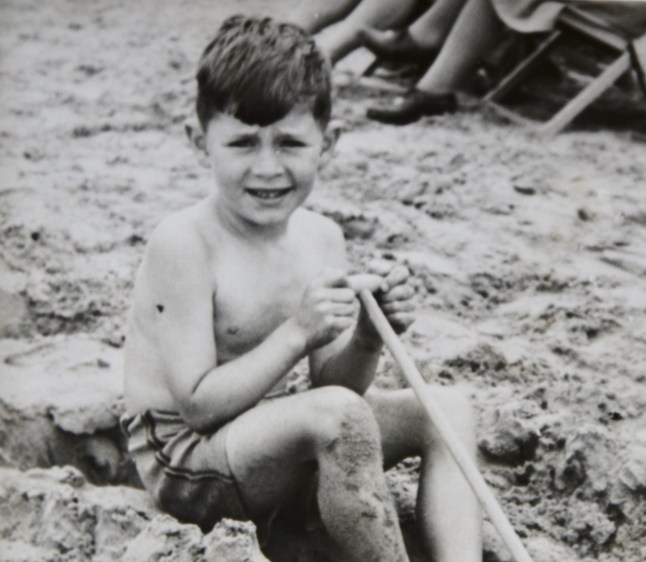
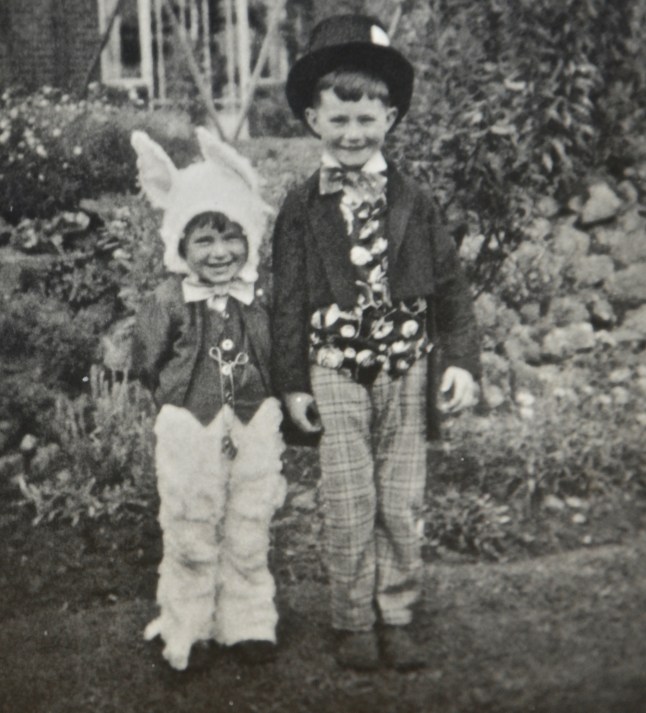
‘I have a very vivid memory of the parcel arriving. We were all skinny because everything was rationed. We opened this box and in one corner was something large wrapped in muslin. It had the most incredible aroma.
It was some ham, which I’d never seen before, and I was dumbfounded by the smell which I can still recall even to this day.’
“What was it? Where did it come from? Which animal produced it?” Tim remembers asking.
Although he can’t recall eating the cured ham, he remembers the relish with which he held the hefty joint and even today – despite having been a vegetarian for decades – whenever he inhales the scent he is taken back to wartime in the countryside.
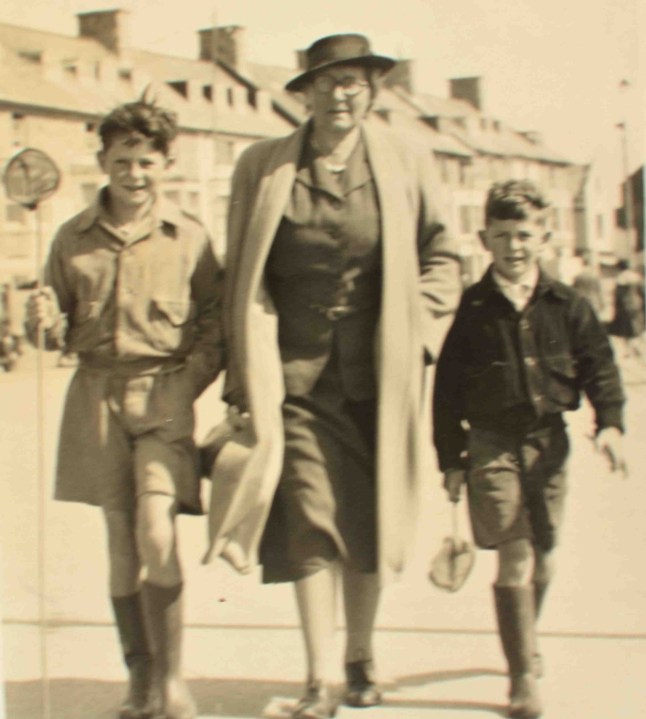
‘The arrival of the food parcel was a red-letter day in our family. Much of the contents I had never heard of before let alone eaten. There was tinned peaches, coffee, tea, chocolate, tinned beans and tinned prunes – as well as cheese, powdered milk and other basics,’ Tim explains.
‘If there was any chocolate, that would disappear very rapidly. We’d eat the treats straight away. And if rice arrived, we would have it as a pudding with milk to fill us up.’.
It was manna from heaven for the family who were left poor, hungry and fed up of Spam. Living off around 800 calories a day, they survived in another world from the choice and excess we know now.
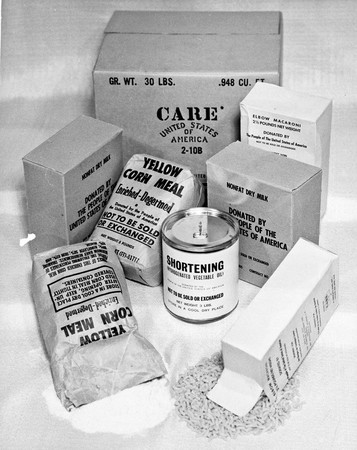
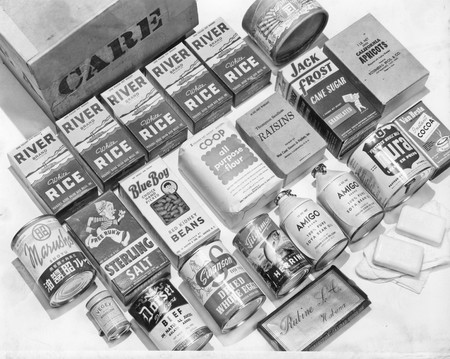
‘The 250g pats of butter that we take for granted today would keep a family of five going for a month. But we just put up with it.There wasn’t much food around and we ate the same thing all the time; spam, rice pudding and semolina,’ the actor and singer from Rotherhithe, London, remembers.
So the box was a welcome distraction and a vital boost during a threadbare time when people became used to living with the basics. ‘Everything was saved. Everything was used again. They darned all the socks and would even top and tail worn sheets.
‘I have always been very careful with food ever since. I don’t waste anything, I recycle everything, and I cook all my own meals. Most of my clothes come from second hand shops,’ he adds.
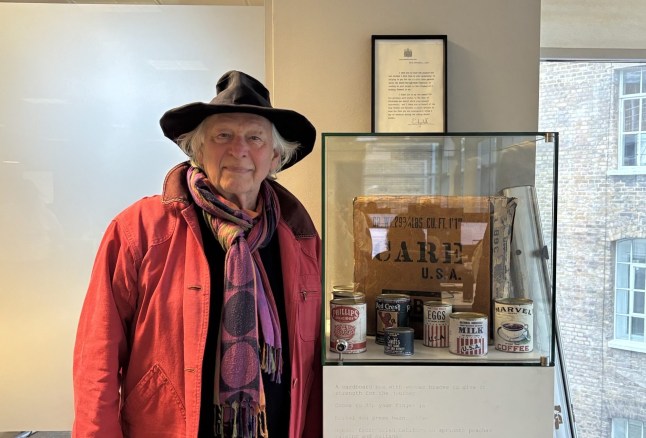
Tim explains that even once the war was over, Britain remained hungry and impoverished and rationing would continue for years after the remaining soldiers returned home.
The food parcels arrived courtesy of the American people and charity CARE, founded in 1945 when 22 American organisations came together to rush life saving provisions to war afflicted families.
During the first two years, 6.6 million packages were sent, 400,000 of them to England. At first, senders had to designate a specific person as the recipient, but soon the charity was flooded with donations to send CARE Packages to ‘a hungry occupant of a thatched cottage’ or ‘a school teacher in Germany…’
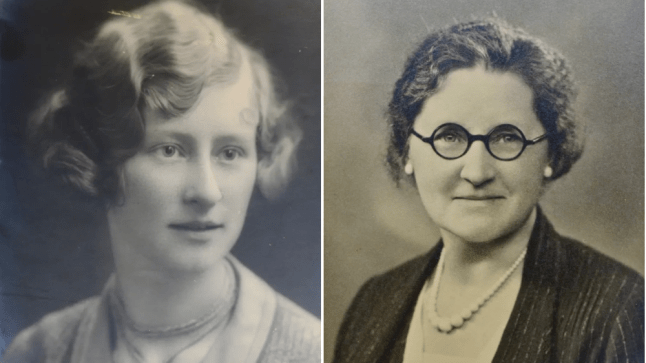
Tim’s grandmother Chrissie Hatton was responsible for distributing the provisions. ‘She was one of the principal organisers of the packages through the local Women’s Voluntary Service (WVS) and British Legion where she was a leading light and all-round inspiration. She was a redoubtable woman, salt of the earth and she made sure that the needy were in receipt of the wonderful food parcels,’ he remembers.
‘Our grandmother was an extraordinary woman who lived through some tumultuous periods of modern history. She lost a favourite brother in the First World War, her husband died in the great Spanish Influenza epidemic of 1918, she raised two daughters on her own.’
With no food banks or welfare cheques during wartime; if a family ran out of food they literally had to rely on the kindness of strangers.
‘In those days, for English people, America was an almost mythical country, so huge, so rich and so generous. We knew so much about it through Hollywood and the fact that US servicemen had been billeted locally during the war,’ Tim says.
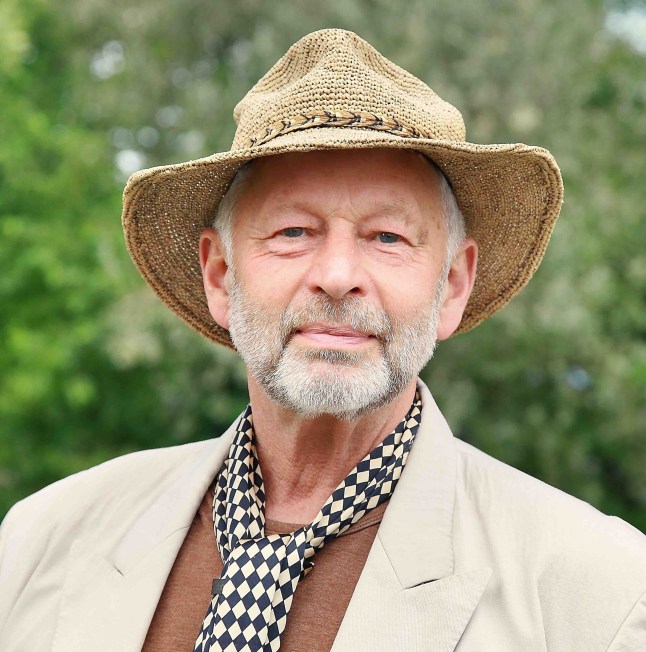
The Thomas family was so touched by the gesture that Chrissie wrote to one of the principal donors to thank him for his generosity.
‘His name was S. Prescott Fay and he lived at 67 Chestnut Avenue, Boston. Mr Fay was so taken with my grandmother’s letter that he decided to send parcels directly to our family. This went on for years. An enthusiastic correspondence developed and it continued until Mr Fay’s death,’ Tim explains.
In the years since 1945, CARE has expanded to a global organisation and the simple package has grown into projects of all sorts, from girls’ education to emergency humanitarian relief in the wake of disasters such as the recent Myanmar earthquake. 80 years on, humanitarian crises globally are on the rise and Tim, who donates both time and money to charity, is passionate that the kindness extended to his family in their hour of need is still of huge importance and relevance today.
‘Nothing has changed. There are hungry people all over the world and warfare continues. There is the same need for the generosity of strangers and CARE are carrying on this tradition.
‘I try and give back as much as I can. It is important to me to pay back. If that whole period has left me with anything it’s that feeling that a total stranger held out his hand in generosity when we needed help,’ he says.
- Donate to Care International to help those living through conflict.